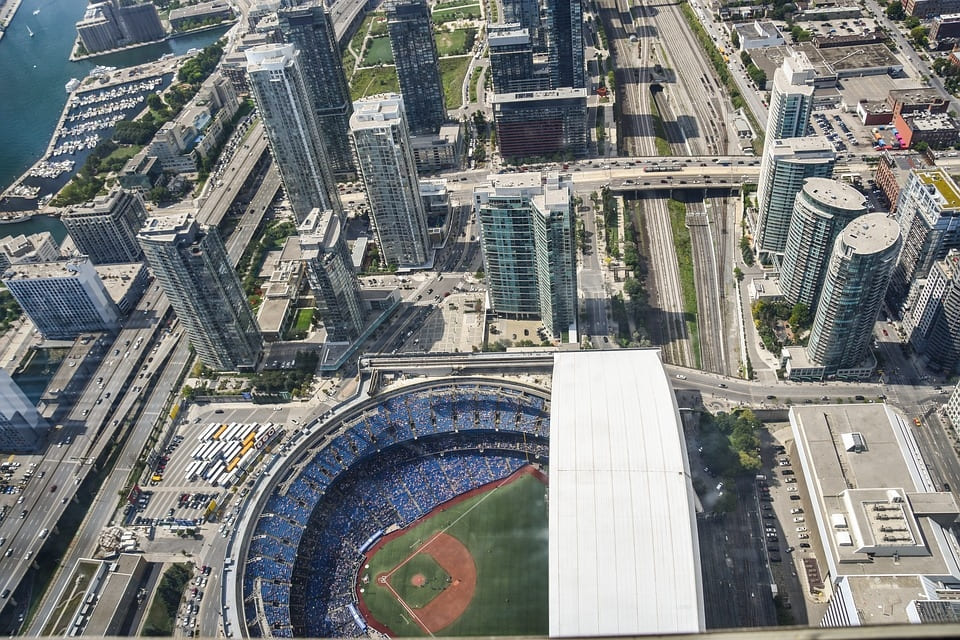City Council approved the Toronto 2018 budget Monday 33-11, with a special interest in transit. Included in the $11-billion operating budget budget is over $50 million for the Toronto Transit Commission (TTC) to help in new investments and maintenance, as well as provide discounts for low-income riders and the hop-on-hop-off transfer.
There will also be a fare freeze for the next year.
The city is planning on investing in transit, shelters, recreational spaces, and the Vision Zero plan, among others. The revenue for this budget is being collected from various sources, including taxes, TTC fares, provincial grants, and reserve funds.
“This is a good news budget. It invests in key areas while spending low and keeping tax increases low,” said budget chief Gary Crawford in a statement. “Toronto residents want City Hall to build the city but they also appreciate that we strike the right balance, that we tighten spending, find efficiencies and don’t hike taxes sky-high. For the fourth year in a row, I’m confident we have struck the right, responsible balance that people expect.”
Residential property taxes are set to increase 2.1 per cent along with the rate of inflation, while commercial taxes will only increase by one per cent. City staff say this will equal an increase of about $82 on average for homeowners with property valued at $624,418. Residents will pay an additional 0.5 per cent for the City Building Fund, which supports infrastructure projects such as transit and housing. The city will be relying on approximately $800 million collected from the municipal land transfer tax to fund services, something city manager Peter Wallace says is dangerous considering the real estate market.
Prior to budget approval, mayor John Tory announced $3 million (included in the $50 million investment) earmarked to help overcrowding on Line 1, including the prioritization of the relief line. The 10-point plan includes the addition of more subway cars during peak hours, overnight maintenance schedules, hiring of platform staff for the Bloor/Yonge station, and the use of express busses to alleviate overcrowding.
“I know delays and crowding can be frustrating. I know people want an expanded transit system as soon as possible. I know how maddening it can be when transit and traffic don’t move in this city,” said Tory in a statement. “I want Toronto residents to know that I am dedicated to getting transit and traffic moving. I’m dedicated to building our entire transit network plan. I’m dedicated to making sure the TTC is doing everything possible to minimize delays and ease crowding.”
Council also voted to approve a 50 per cent reduction in property taxes for culture hubs like 401 Richmond. To be eligible, a hub must prove their tenants produce cultural goods and services, charge tenants below market rent, and have a minimum rentable space of 10,000 square feet (5,000 if owned by the city).


